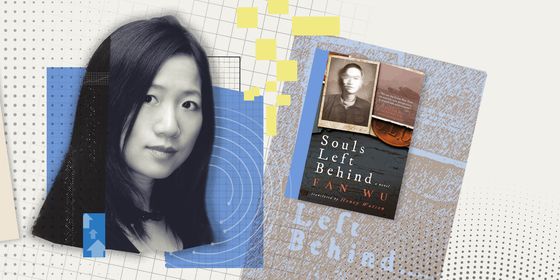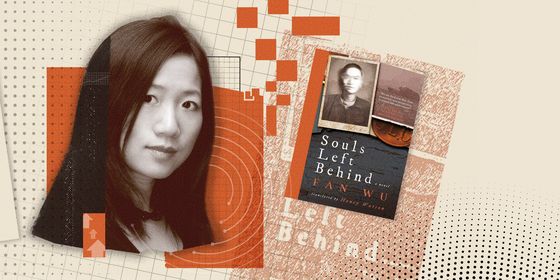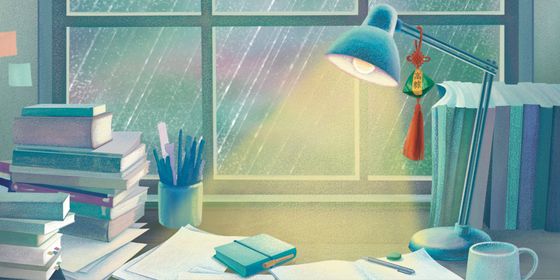Meet the new wave of scholars and translators making the untranslatable relatable
When translated into English, for the past 50 years Chinese poets have been entrusted to the antiquarian. Only the ancients are selected. Their thoughts and feelings are clothed in archaic English, automatically placing them at a distance from the contemporary reader. “There was this idea before that, to make Chinese poetry sound legit, you needed to make it sound like Shakespeare,” Lee Moore, co-host of the popular China Literature Podcast, tells TWOC.
Poetry originally written in a language so far removed from English was seen, for a long time, to be “untranslatable” by a wide variety of prominent figures, including prominent contemporary poet Ha Jin. Today’s two dominant schools of translation formed around this belief—one chased elusive academic faithfulness to the original, with stilted replication of Chinese structures in English. The other took a free-verse approach, that drops any pretense of being faithful to the original.
But Moore says that when we read the original, “A lot of the poetry is approachable and fun.” This relatability is what Tim Clissold tries to draw out in Cloud Chamber, a new collection focusing on seven major poets from the Tang (618 – 907) and Song (960 – 1279) dynasties.
Clissold, a businessman with a background in physics, is modest about his efforts, focusing on the accessibility of this ancient poetry and its applicability to our everyday lives. Once we adjust to the inherent ambiguity of language and form, and take a mediated approach which forgoes attachment to any single fixed meaning, the niche and obscure start to shade into the familiar.













